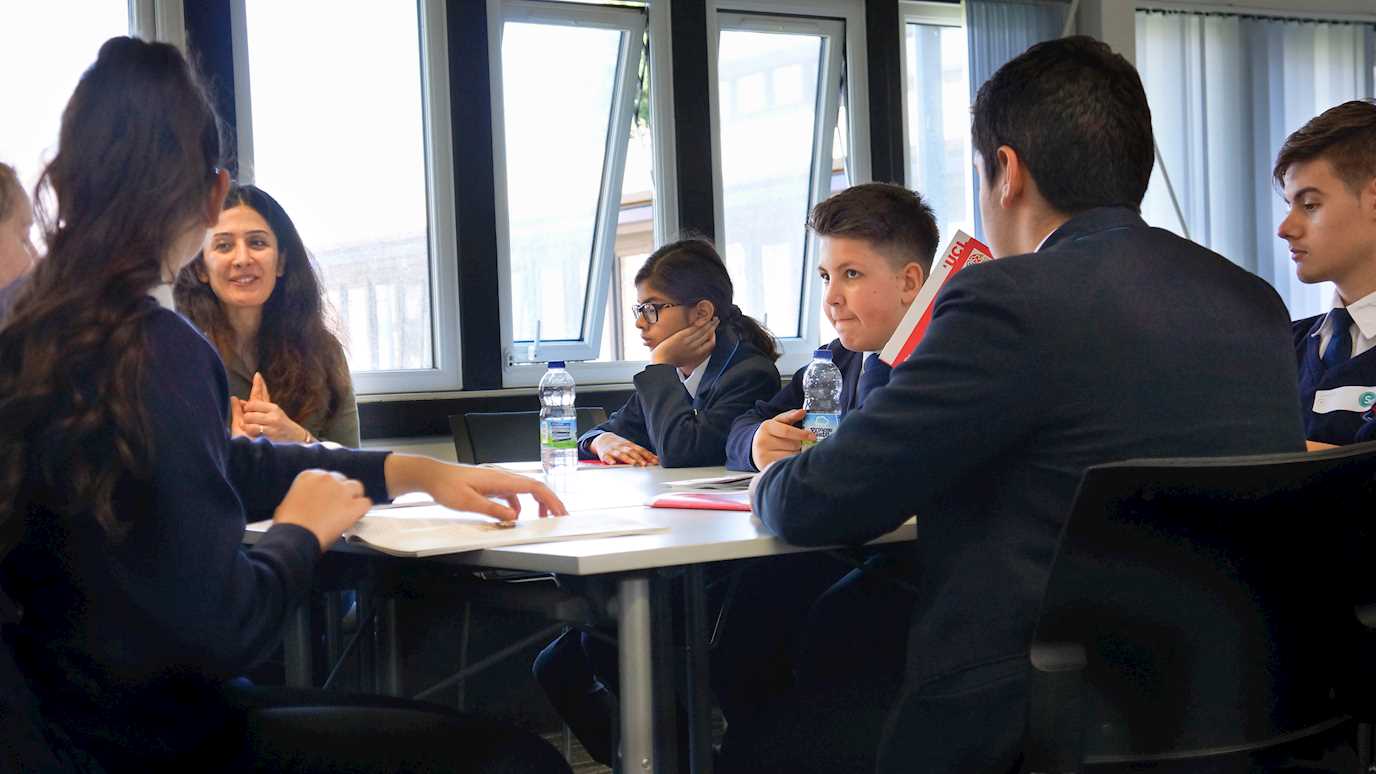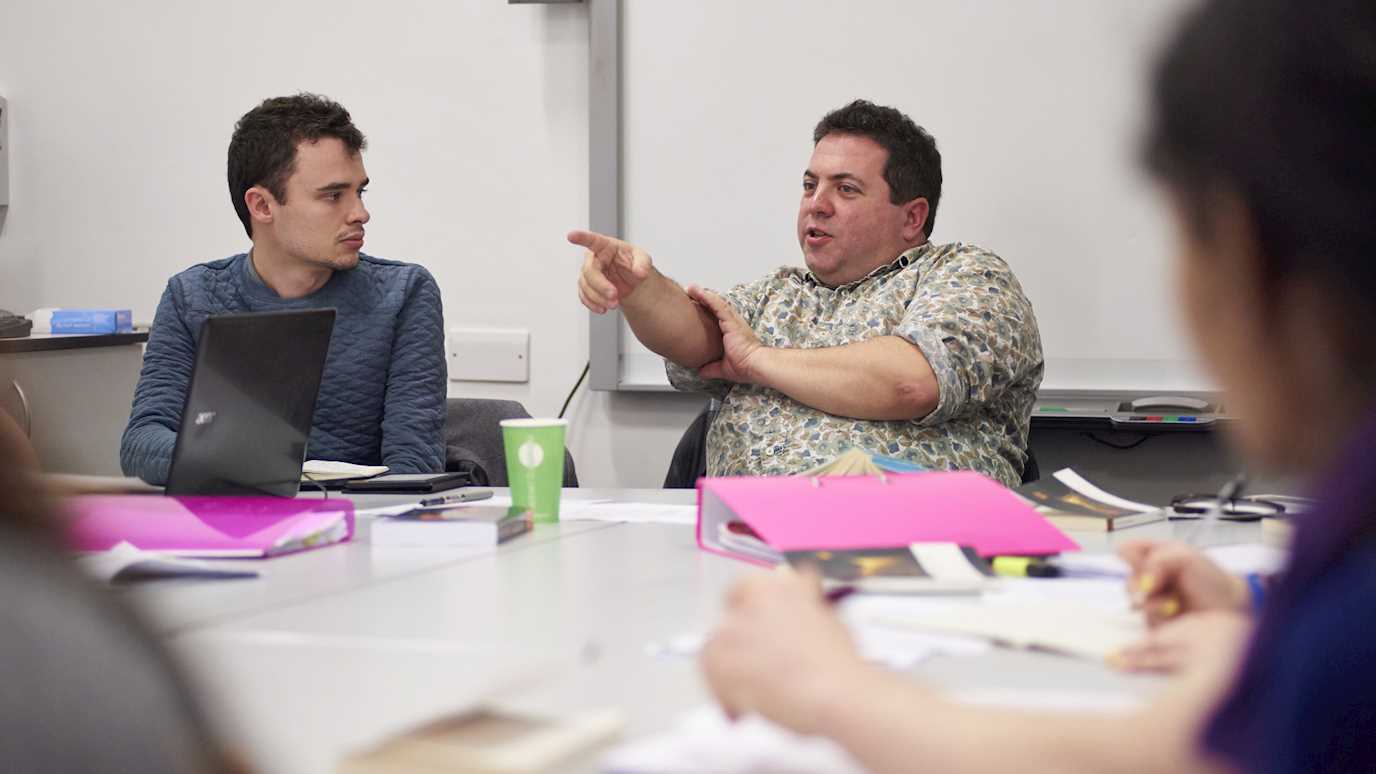Dr Christie Carson on Shakespeare's Twelfth Night.
The English Department at Royal Holloway is home to several renowned Shakespeare scholars including Dr Deana Rankin and Dr Harry Newman. You can study Shakespeare generally as part of the English Literature MA, and with particular focuses on the module ‘King Lear and The Tempest: Critical Debate and Creative Response’.
Key Points
Disguise and Identity
- Gender and gender fluidity – how men performed women in the early modern period
- How Viola gets to see the world from a man’s point of view
Grief and its consequences
- Viola and Olivia are similarly in mourning
- Contextually mourning as something common in Shakespeare’s time
- The play starts in stasis and love opens up the future and move on from the pause caused by death
Location: Where is Illyria?
- Viola and Sebastian are displaced foreigners. Illyria is a foreign land
- Relevant to the migrant crisis in our on times
- Modern productions often make use of this to comment on the otherness and exoticisation of the foreigners, including the idea that all foreigners look the same (the people of Illyria cannot tell Viola and Sebastian apart)
The ending
- The play opens up possibilities of desire that are not tied to heteronormative ideas, but ends conventionally to solve the love triangle.
- But Shakespeare makes it clear that there are losers who do not partake in the happiness at the end
- Modern performances often stress the fact that there are residual discords and disappointments.
Comedy and Tragedy
- Tragedy and Comedy as inversion: how there is tragedy in comedy and comedy in tragedy
- In comedy a women comes of age and gets married. In tragedy a man comes of age and dies. A woman’s journey to adulthood is comic where a man’s journey is serious.
- The discomforts the comedy ends with encourage the audience to think about the ending and not unconditionally accept its happy nature.
- Shakespeare is aware not only that gender is a construction, but that conventional marriage is too. He highlights the fact that marriage as the ending of a comedy is constructed and artificial.
























